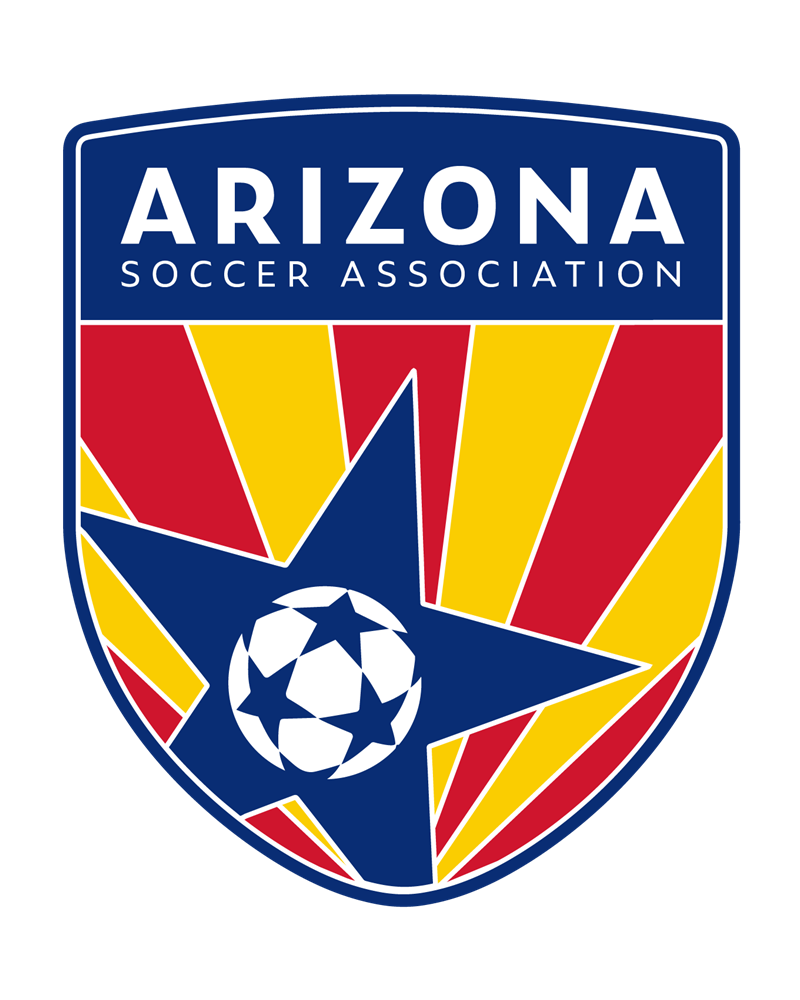
Concussion Myths and Facts
Concussion prevention starts with education. Barrow Neurological Institute in Phoenix, the Official Sports Neurology Partner of ASA and a leader in concussion education, is helping to debunk common concussion myths.
Myth #1: Concussions only result from a direct blow to the head.

Fact #1: While concussions can be caused by a blow to the head, they can also happen from a fall or from a blow to the rest of the body that causes a whiplash effect on the brain.
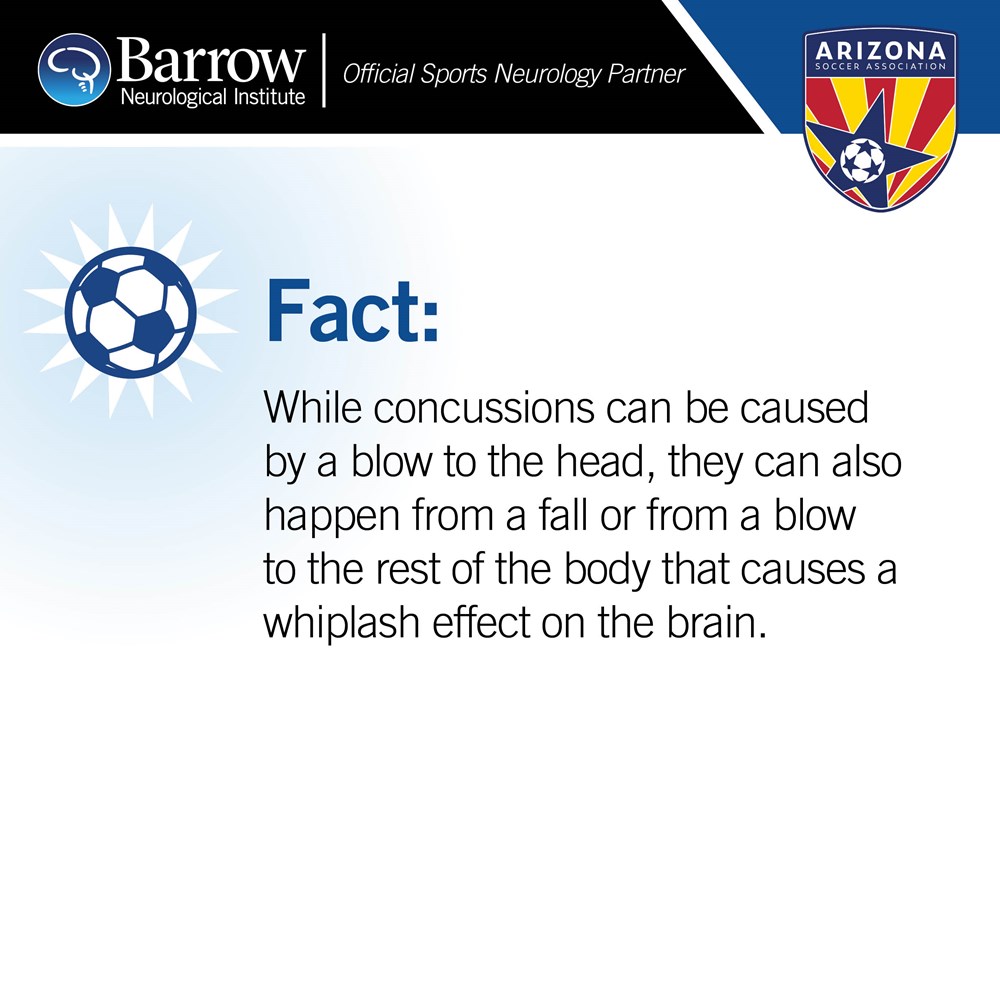
Myth #2: A concussion requires a loss of consciousness.
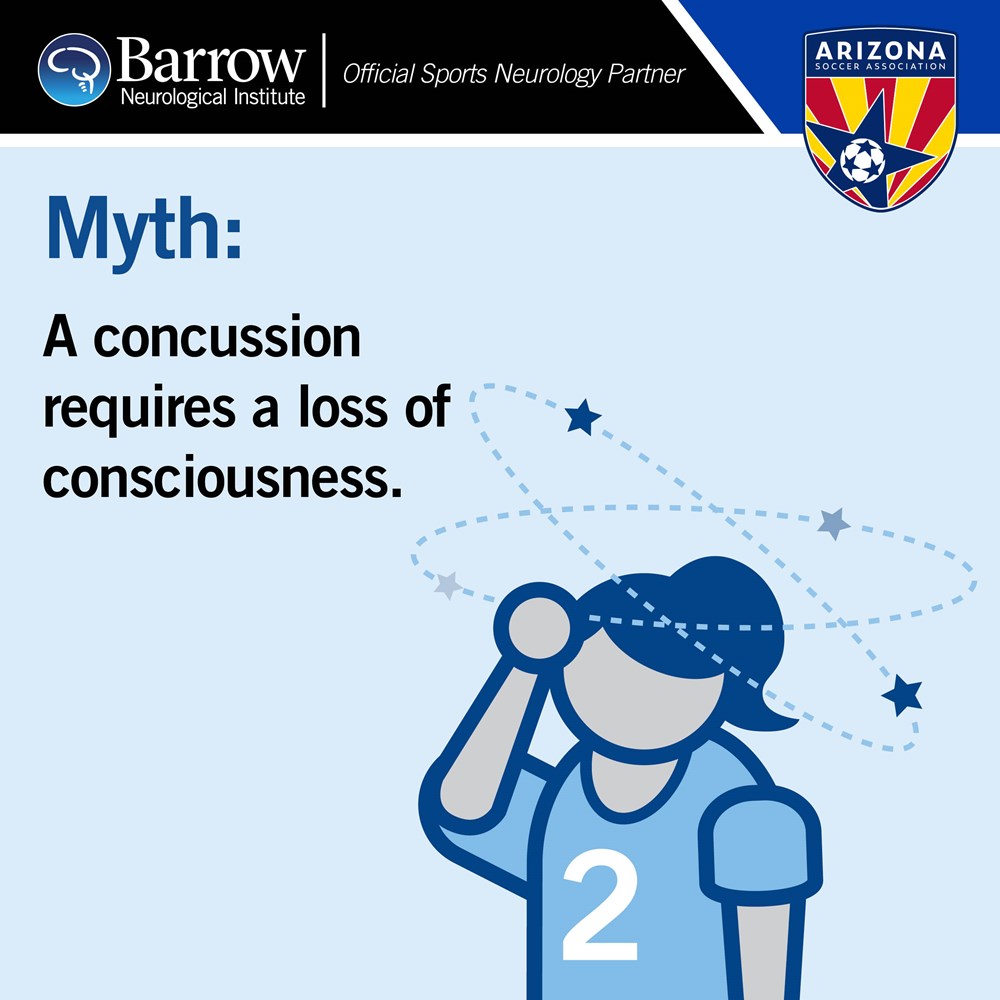
Fact #2: Loss of consciousness is not the only sign of a concussion. There are many other signs and symptoms used to diagnose a concussion, such as headache, nausea, fatigue, dizziness, light and noise sensitivity, and ringing in the ears.

Myth #3: A person with a concussion should stay awake for 24 hours.
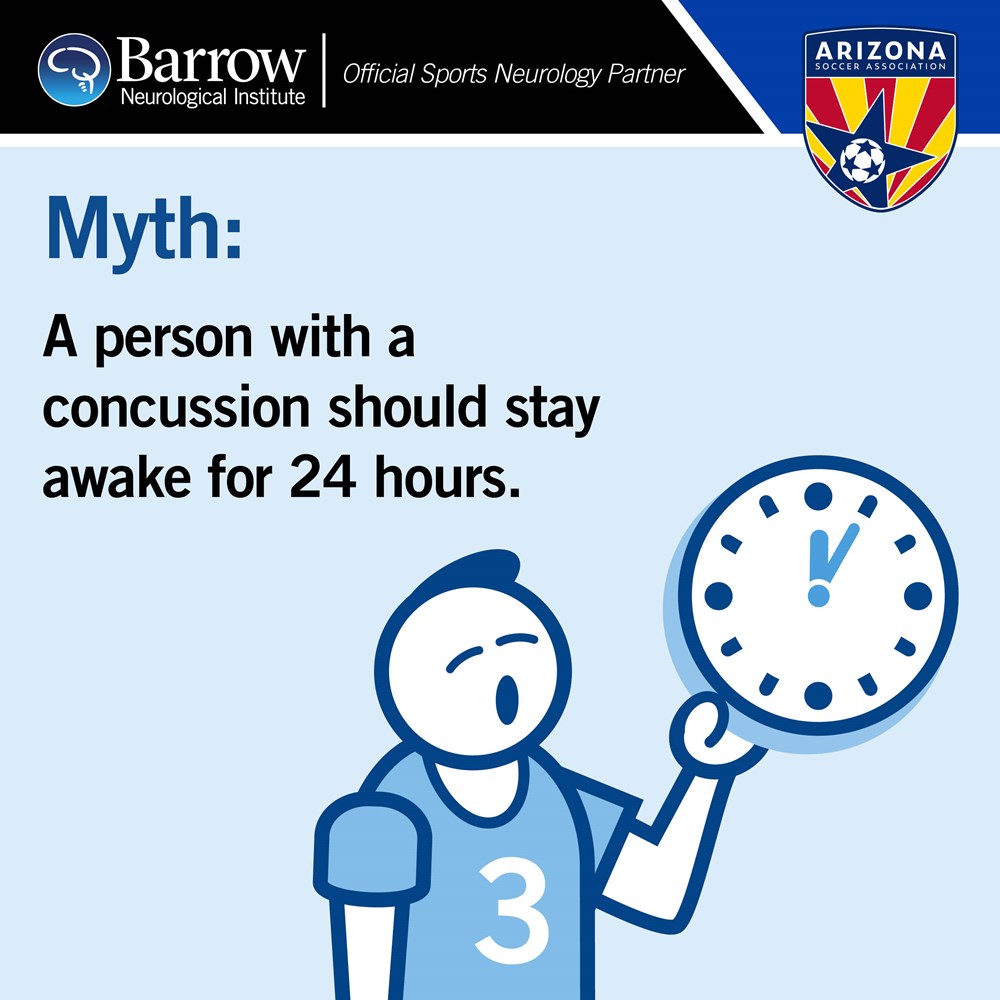
Fact #3: It is OK for someone with a concussion to sleep. In fact, rest is important for recovery and allows the brain to heal. However, the person should still be monitored, and it is OK to lightly wake them every couple hours.
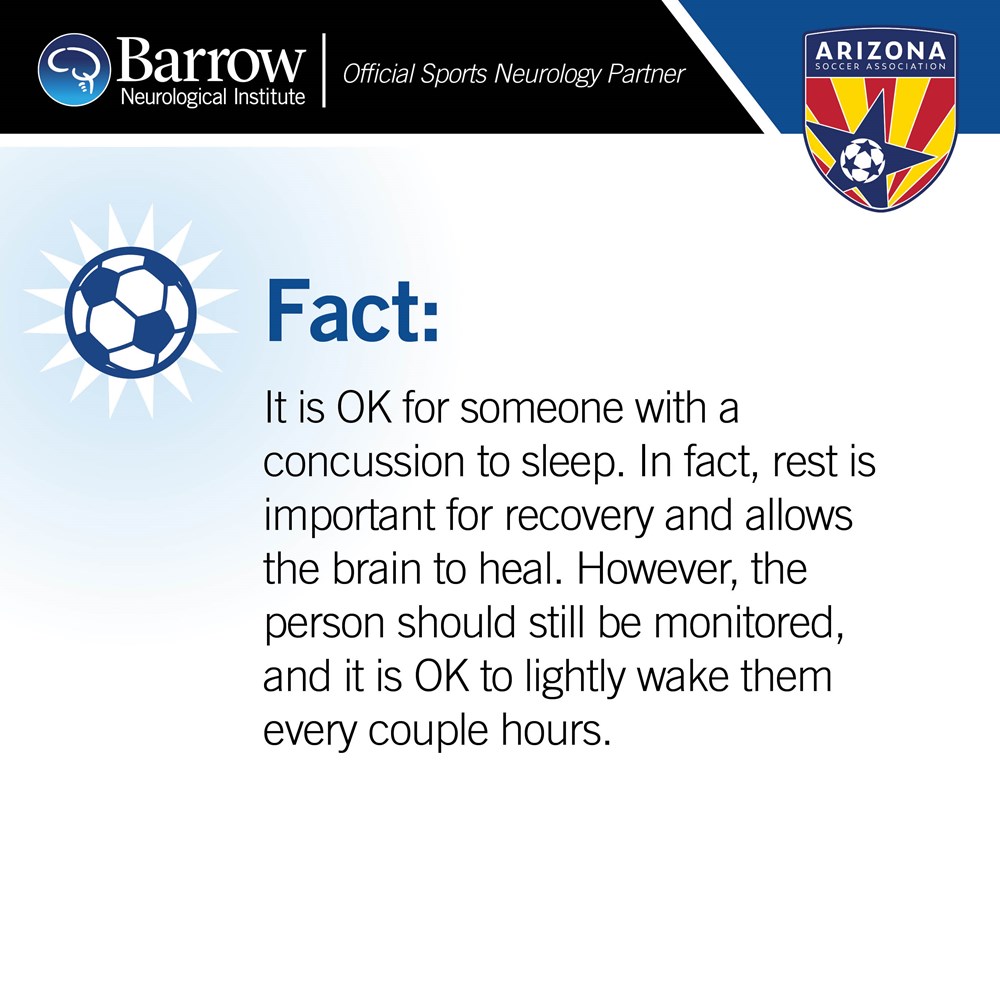
Myth #4: The CT scan came back normal, so there is no concussion.
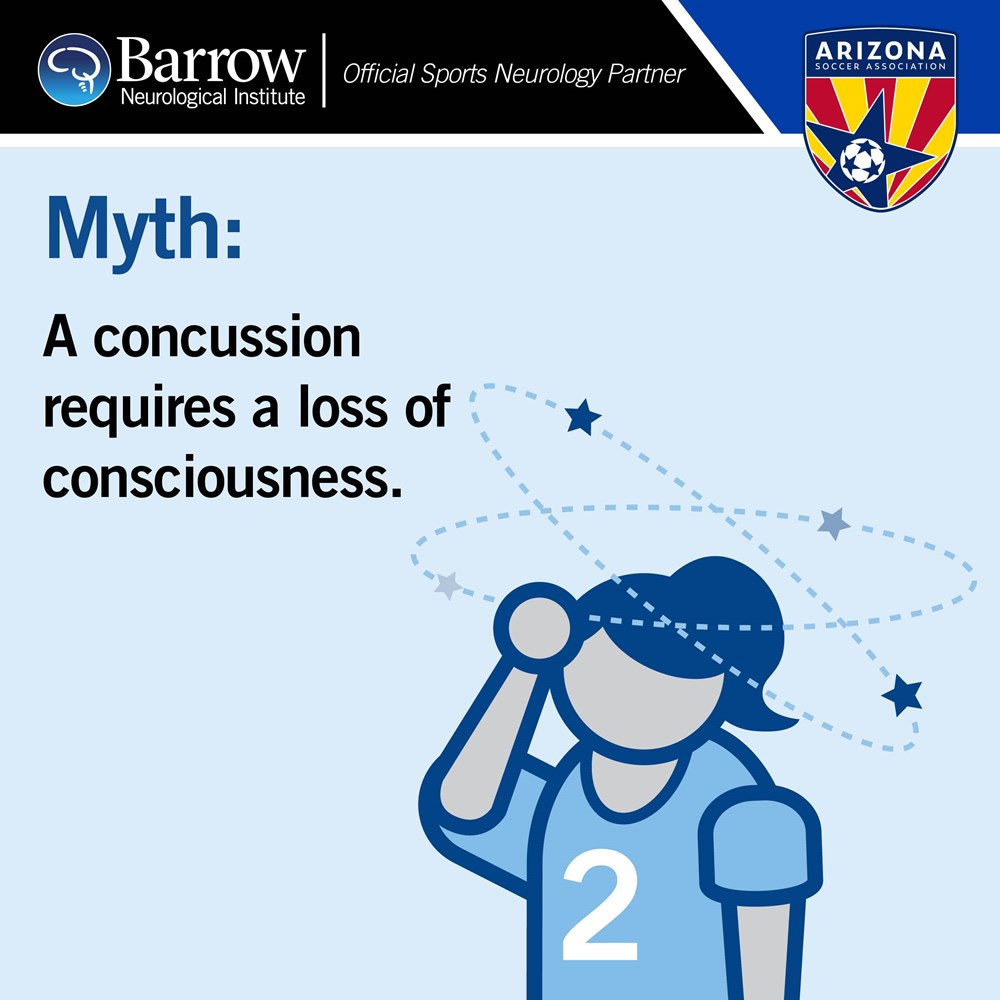
Fact #4: It’s great news that the CT scan is normal, but it is important to remember that a concussion is caused by chemical changes in the brain and cannot be seen on a CT scan, an MRI, or an X-ray. These tests are to make sure there are no further complications, such as bleeding in the brain or skull fractures.
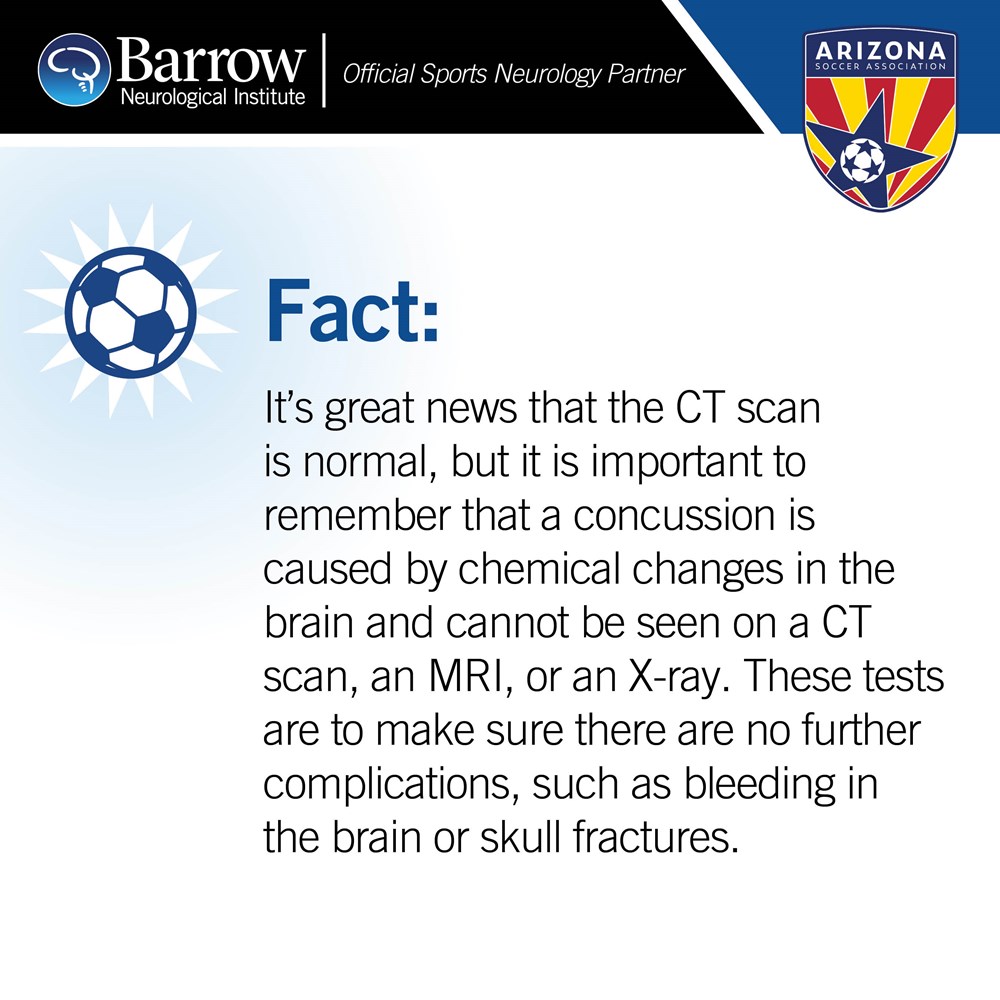
Myth #5: My child can return to play and finish the game if no one is sure they suffered a concussion.

Fact #5: If a concussion is suspected, the athlete should be removed from play until further evaluated by a qualified health care provider. The athlete should never return to practice or play on the same day. When in doubt, sit them out!

We want to leave you with an important takeaway when it comes to spotting the signs of concussion in your children or student athletes: When in doubt, sit them out! It’s always best to work with a health care provider in return-to-play decisions. Learn more about concussions at BarrowNeuro.org/ConcussionDiscussion.
Additional Resources
The Barrow Brain Injury & Sports Neurology Center is a national leader in concussion care, education, and prevention. To learn more, or to make an appointment, visit BarrowNeuro.org/Concussion
